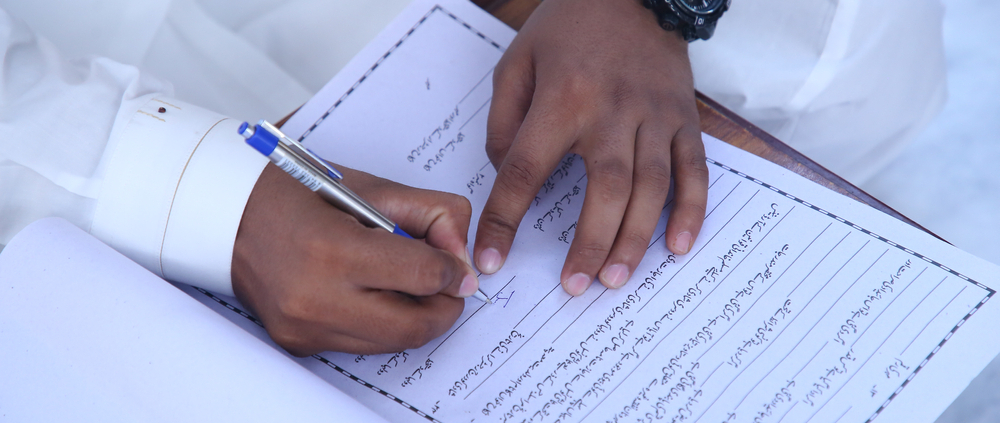How Should a Once Invalid-Marriage Take Place Anew?
Shafi'i Fiqh
Answered by Shaykh Irshaad Sedick
Question
My friend had a Nikkah (marriage), but her Wali (guardian) was not Muslim. When they discovered this, they decided to separate. They didn’t divorce or have khul‘ (divorce for recompense); they just walked away because they were unsure if they could remarry.
It has been six months since they parted, and now they want to marry again. Are they allowed to marry, even though they have been separated? (Not by divorce or khul‘)
How should a Shafi‘i marriage contract be worded exactly? Please provide guidance.
Answer
In the Name of Allah, the Most Merciful and Compassionate.
May Allah alleviate our difficulties and guide us to what pleases Him. Amin.
In the situation described, where the couple separated without formal divorce or khul‘ due to the invalidity of their initial marriage, they are considered free to marry again, and Allah knows best.
Walking away from each other is not a valid divorce, as the marriage was not recognized as valid. Therefore, they are not bound by any marital obligations or restrictions resulting from a previous marriage. They are permitted to marry each other or marry other individuals as long as the new marriage is conducted per the requirements of a valid Islamic marriage, and Allah knows best.
Marriage Contract Integrals
Marriage has five integrals in the Shafi‘i School:
- the spoken form – offer and acceptance;
- two upright male witnesses;
- the bride’s guardian (or his proxy);
- the groom (or his proxy); and
- the bride. [Nawawi, al-Majmu‘]
The Spoken Form
The first integral is the explicitly stated spoken form comprising the guardian’s spoken offer and acceptance by the groom, like other nonmarital transactions. Its necessary conditions are the same as those of a valid sale. The form is valid in languages other than Arabic, even when one can speak Arabic.
The spoken form is not valid if allusive. Nor is it valid without;
- A statement from the guardian that effects it, namely, “I marry you to her”, (the Arabic zawwaja means to marry someone to another).
- An immediate spoken acceptance by the groom, namely “I marry her” or “I accept her marriage.”
I pray this is of benefit and that Allah guides us all.
[Shaykh] Irshaad Sedick
Checked and Approved by Shaykh Faraz Rabbani
Shaykh Irshaad Sedick was raised in South Africa in a traditional Muslim family. He graduated from Dar al-Ulum al-Arabiyyah al-Islamiyyah in Strand, Western Cape, under the guidance of the late world-renowned scholar Shaykh Taha Karaan.
Shaykh Irshaad received Ijaza from many luminaries of the Islamic world, including Shaykh Taha Karaan, Mawlana Yusuf Karaan, and Mawlana Abdul Hafeez Makki, among others.
He is the author of the text “The Musnad of Ahmad ibn Hanbal: A Hujjah or not?” He has served as the Director of the Discover Islam Centre and Al Jeem Foundation. For the last five years till present, he has served as the Khatib of Masjid Ar-Rashideen, Mowbray, Cape Town.
Shaykh Irshaad has thirteen years of teaching experience at some of the leading Islamic institutes in Cape Town). He is currently building an Islamic online learning and media platform called ‘Isnad Academy’ and has completed his Master’s degree in the study of Islam at the University of Johannesburg. He has a keen interest in healthy living and fitness.
